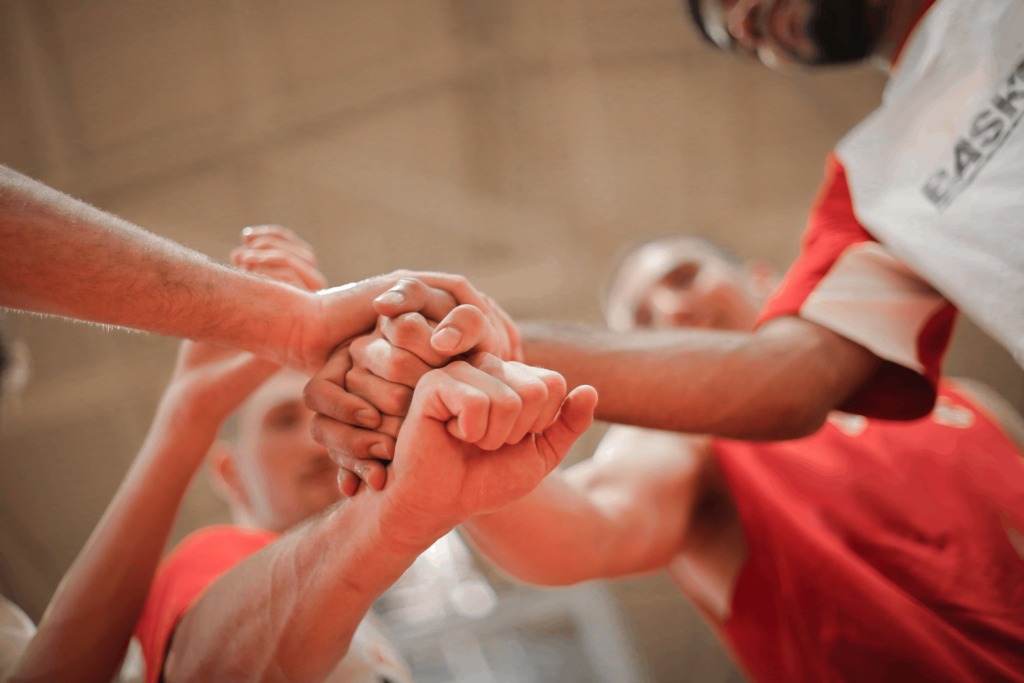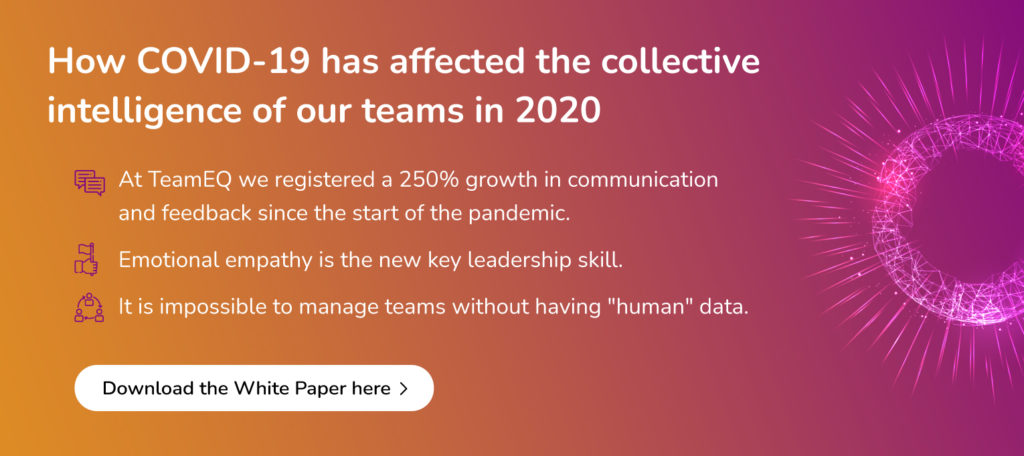What’s your strength?
Identifying the abilities that can help your team perform better.
A team is a living network of individuals with diverse personalities, viewpoints and skill sets. So, it is always important to know what your key strengths are to boost not only your individual performance, but that of the whole team.
Nurturing your core strengths and focusing on doing what you do best is crucial for your well-being and job satisfaction, as well as the overall ability of your team to function smoothly. However, the first step to knowing where you can best contribute to your team is through self-awareness, which is often the hardest thing to achieve. The question is: how can you identify your strengths? Here are some ways to reflect on your performance and help to identify your strongest areas:
1. Determine your soft skills.
Soft skills are your personal attributes that enable you to interact effectively and harmoniously with other people. Some examples: self-awareness, being optimistic, resilient, communication and listening skills, etc.
2. Break down your biggest wins.
Think of a time you did a great job on a challenging work project, or a time you felt particularly accomplished with something you worked on. Ask yourself what exactly you were doing at the time, and which soft skills you employed to help you achieve your result.
3. What do you love to do?
How would you spend your time if you didn’t have to go into work every day? Looking at the things you genuinely love doing, will help you further narrow down your core strengths.
4. Figure out what comes naturally to you.
What have your friends, coaches, teachers, managers, or even your parents always told you that you are a natural at?
Focus on coming up with at least five things and then breaking down which soft skills of yours have helped you be such a natural. These are most likely your strongest soft skills – ones you have possessed since very early on in your life.
5. Ask others what your strengths are.
Reach out to three to five people who know you very well, trust you, and would give you honest feedback.
Ask them to share what they believe to be your biggest strengths with you, and if they can include any examples of when you demonstrated those abilities. The responses could completely surprise you or validate what you already believe to be true about yourself.
6. What are some of your hard skills?
Hard skills are your well-defined, easily measured strengths and abilities, for example: coding, design, writing, analysis, marketing, etc.
7. Decide what comes next.
Now that you are aware of your strengths, your core soft and hard skills, we encourage you to find ways to implement them in your daily job and contribute to your own and your team’s success.
A successful team is quick to identify the strong points of each individual member, sharing tasks across the whole network to boost strengths, mitigate weaknesses and boost collective performance. At TeamEQ, we know that every individual is key to the success of a team and that we all have individual traits that allow us to contribute in unique ways. Through real-time analysis at both an individual and collective level, TeamEQ can give us a unique insight into the ways we contribute to the commitment and alignment of our team, allowing us to track our evolution and compare it to the rest of our team.
Discover how TeamEQ can help your team to identify its strengths by taking a demo today.
Ph: Pexels




